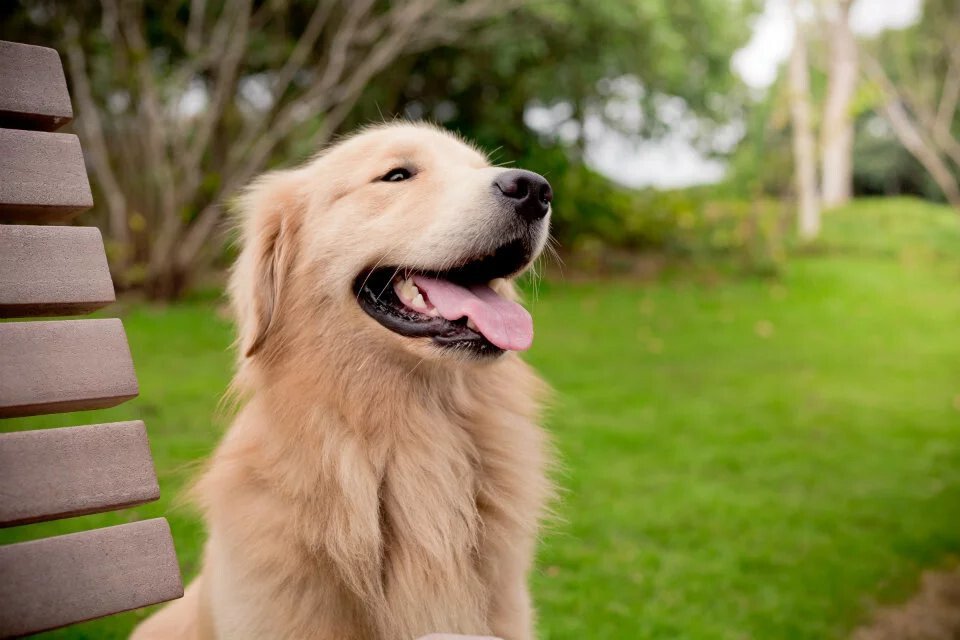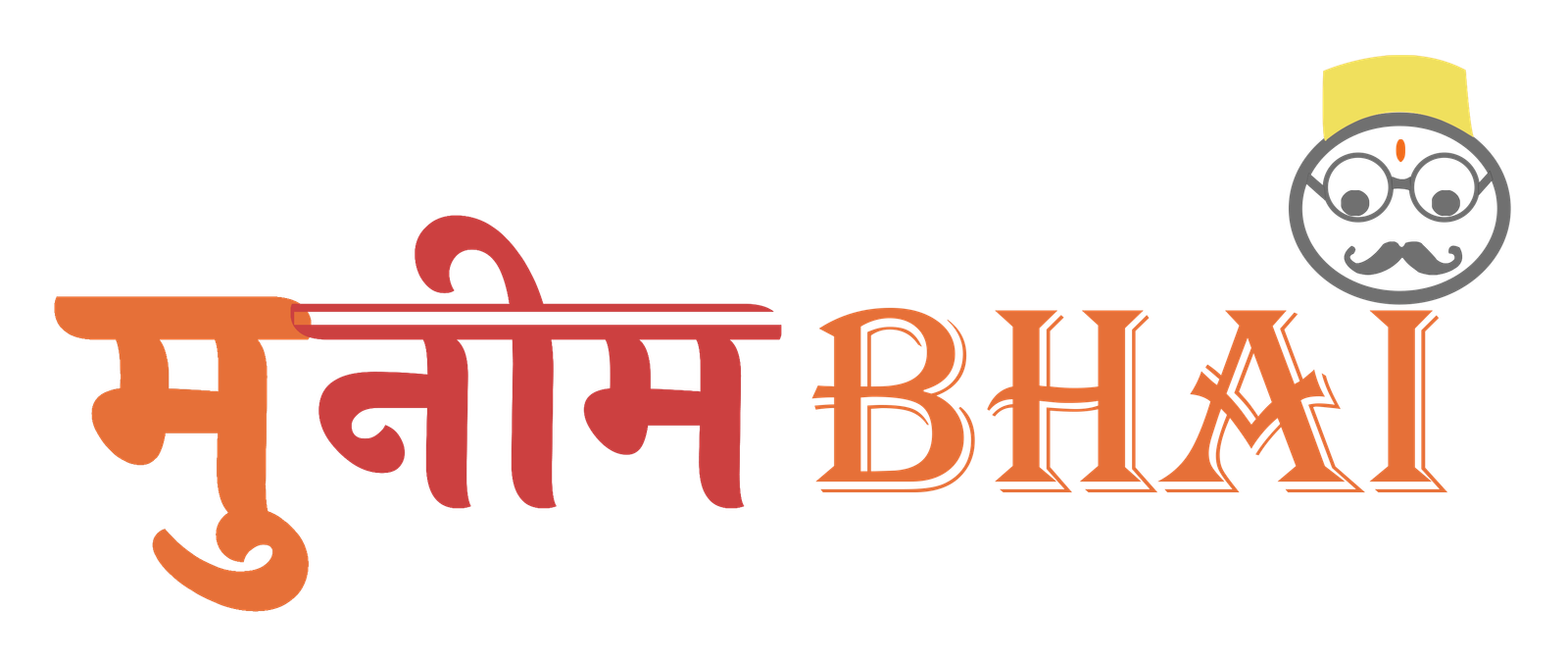Golden Retrievers have an insatiable love for food, always eager to indulge when the opportunity arises. As an owner, resisting those adorable, hungry eyes can be challenging. While sharing a piece of your meal may seem harmless, it’s essential to be mindful of what you offer your Golden Retriever.

Not all human foods are safe for these beloved pets. Although some may be acceptable, it’s crucial to identify those that pose potential risks. Here’s a careful look at the list of foods that Golden Retrievers should avoid.
Understanding Your Golden’s Digestive System
Before delving into the list of foods to avoid, it’s important to appreciate the distinct digestive system of Golden Retrievers compared to humans. While these dogs are cherished members of our families, it’s essential to acknowledge their unique physiological differences.
Golden Retrievers have shorter digestive tracts and stronger stomach acids than humans. Their ability to metabolize food varies significantly from ours. For instance, while raw meat may pose challenges for human digestion, Golden Retrievers handle it with ease.
The list below outlines human foods that may not align with your Golden’s digestive system, categorizing them based on their potential toxicity.
Why Special Care for Golden Retrievers?
Golden Retrievers demand special attention when it comes to dietary considerations due to their voracious eating habits. These dogs have been known to consume a variety of unsuitable items, from chocolates and sweets to leftover cooked bones and various human junk foods.
Given their unending appetite, there’s a higher risk that Golden Retrievers might ingest harmful substances, leading to potential health issues.
Foods to Avoid for Golden Retrievers
The following list categorizes foods that should never be fed to Golden Retrievers, regardless of the circumstances. These items are deemed potentially toxic and pose severe risks to your furry companion.
- Alcohol: Dogs should never be given alcohol, as even small amounts can lead to ethanol poisoning, resulting in symptoms like vomiting, diarrhea, lack of coordination, and fatigue. Excessive consumption can lead to severe conditions such as heart attack and lung failure.
- Caffeine: Golden Retrievers are highly sensitive to caffeine, found not only in coffee and tea but also in various household items. Ingesting caffeine can lead to hyperactivity, elevated blood pressure, irregular heartbeat, vomiting, and diarrhea.
- Chewing Gum with Xylitol: Xylitol, an artificial sweetener found in some chewing gums, is highly toxic to dogs. Ingesting xylitol can rapidly lower blood sugar levels, leading to seizures and liver failure.
- Grapes and Raisins: Even small amounts of grapes or raisins can be poisonous to Golden Retrievers, causing rapid kidney failure. These fruits should be kept out of reach to prevent accidental ingestion.
- Chocolate: While dogs may naturally resist certain foods, chocolate poses a unique danger. Theobromine, found in chocolate, can be toxic and dangerous to Golden Retrievers, leading to symptoms such as vomiting, diarrhea, and, in severe cases, seizures.
- Macadamia Nuts: These nuts contain an unidentified toxin that can be harmful to Golden Retrievers, causing symptoms like vomiting, ataxia, elevated body temperature, and weakness.
- Raw Yeast Dough: Ingesting unbaked dough can lead to serious health concerns, including stomach bloating (GDV) and alcohol poisoning due to fermentation in the stomach.
- Avocado: The fruit, pits, leaves, and plant of avocados contain a toxin called persin, which can lead to fluid accumulation in the lungs, causing breathing difficulty and, in severe cases, death.
- Onions and Garlic: Foods from the allium family, such as onions and garlic, contain compounds that can be toxic to Golden Retrievers. While some dogs may tolerate small amounts, it’s safer to avoid these ingredients.
- Milk: The suitability of milk for dogs is a controversial topic. While some dogs may tolerate it, others may experience digestive issues. It’s safer to provide essential nutrients from alternative sources and avoid unnecessary milk consumption.
- Cooked Bones: Cooked bones can splinter easily, causing gum and digestive injuries. It’s advisable to avoid feeding cooked bones to Golden Retrievers to prevent potential health risks.
- Cinnamon: While not toxic, large quantities of cinnamon can irritate a dog’s mouth and digestive system. It’s better to keep cinnamon away from Golden Retrievers to avoid respiratory difficulties.
- Nutmeg: Nutmeg contains a toxic compound called myristicin, which can be harmful to Golden Retrievers. It’s advisable to avoid foods containing nutmeg.
- Tomatoes: Unripe and green tomatoes contain toxins like tomatine and solanine, which can be harmful to Golden Retrievers. While ripe tomatoes are safe in moderation, excessive consumption may cause digestive distress.
- Almonds: While not toxic, almonds can cause digestive strain and pancreatitis due to their high-fat content. It’s best to avoid almonds to prevent potential health issues.
- Lemons and Limes: The peels of lemons and limes contain psoralen, which can be harmful if ingested. While a few drops of juice may not cause harm, larger quantities can lead to stomach upset.
- Corn on the Cob: Feeding corn on the cob poses a risk of intestinal blockage, as dogs cannot digest the cob. It’s safer to provide corn without the cob.
- Ice Cream and Sugars: While dogs may be attracted to sugary treats like ice cream, they do not require sugar in their diet. Ice cream can cause stomach upset and lead to various health issues, including weight gain and digestive problems.
- Salt: Excessive salt consumption can lead to salt poisoning, causing symptoms such as extreme thirst, vomiting, diarrhea, and severe dehydration. Avoid giving salty foods like chips to Golden Retrievers.
- Human Junk Food: While it may be tempting to share human junk food with your Golden, it can lead to weight gain, obesity, heart disease, and cancer. Avoid unnecessary treats and prioritize a balanced, dog-friendly diet.
Conclusion
In conclusion, understanding and adhering to these dietary precautions will contribute to the well-being and longevity of your beloved Golden Retriever. Always consult with a veterinarian for personalized dietary advice tailored to your dog’s specific needs.”
